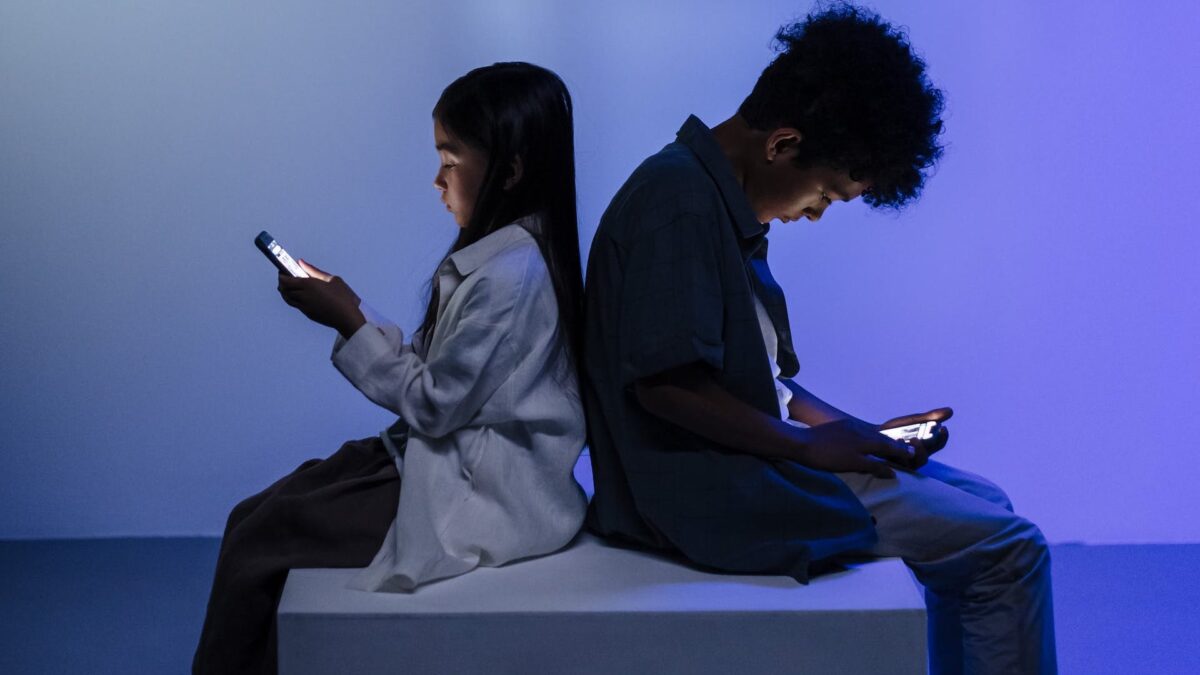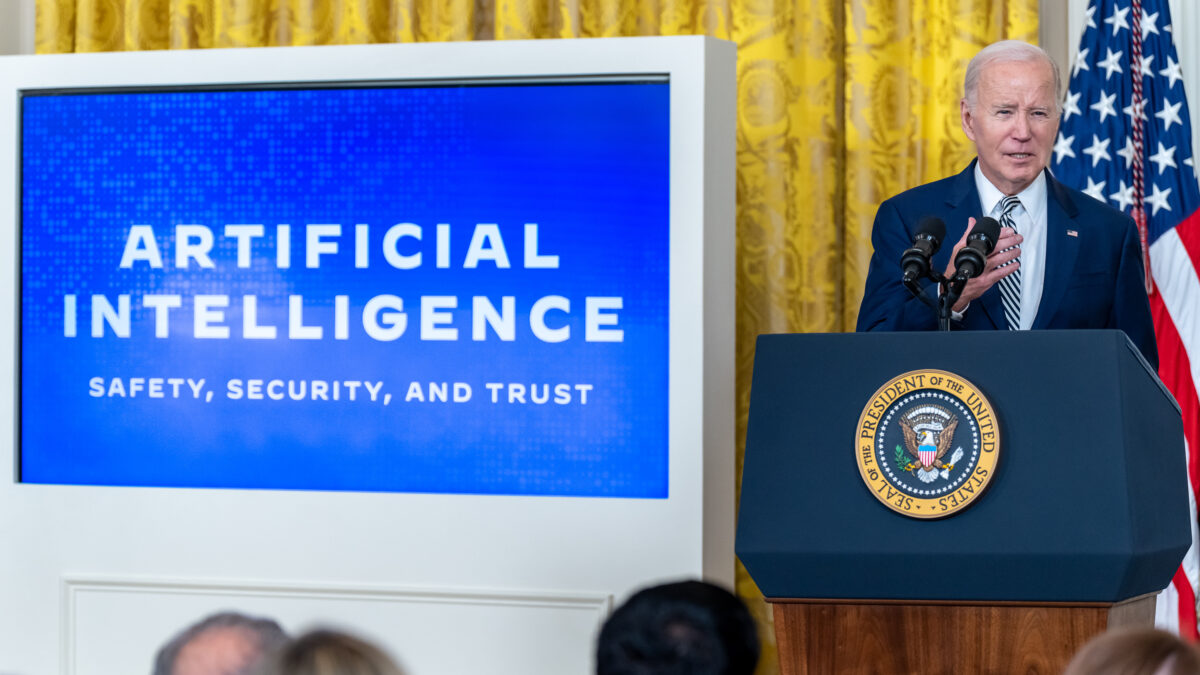“Dozens of states sue Meta over social media ‘profoundly altered’ mental, social realities of American youth,” reads a recent Fox Business headline. The lawsuit claims Meta markets harmful content to kids and schemes to bypass parental consent. It also seeks compensation for the damage Meta has done.
This is not just good but very good, and not only for teens who’ve been sucked into social media and become obsessives. The United States at large is at risk. Step back for a moment and consider the opportunity costs of a generation of younger Americans glued to little screens. A healthy modern society can’t let that happen.
It needs a thriving culture of reading; that’s a longstanding premise, from the time newspapers and pamphlets were instrumental in rallying dispersed colonists in the 1760s to reject the Stamp Act. A system of representative government presumes an informed populace, and even in the digitized 21st century, the most reliable information comes through the printed word.
Here’s the bad news: Printed words are ever less important to an increasing number of Americans. Reading is a diminishing habit. The survey data is clear.
According to a National Endowment for the Arts survey, barely half of American adults (52.7 percent) read a book in a year’s time for their own pleasure or edification (not for work or school). For the 18- to 24-year-old group, the rate falls to 47 percent.
Information on younger Americans shows the same trend at work. A few months ago, the U.S. Department of Education found that only 1 in 7 13-year-olds enjoyed reading enough to do it more than once or twice a week (again, not for school — this was a measure of leisure choice). Unsurprisingly, reading scores showed a similar drop.
In both the NEA and NAEP surveys, the questionnaire did not specify what kind of books or reading. No high culture requirement, no classics needed. If respondents counted comic books, so be it. The questions were general and had broad implications: Do books of any kind play a part in your life? Does reading mean much to you?
I have noted these numbers to people who have replied with a shrug, stating that book matters have always been this low. They’re wrong. When the Department of Education asked 13-year-olds that same question in 1984, fully 35 percent of kids reported that they read “Almost every day.” As for the annual book reading rate for 18- to 24-year-olds, in 1992, the Arts Endowment found that 59.3 percent consumed at least one book in the preceding 12 months, 12 percentage points higher than the 2017 rate.
There may be an answer to this. Not a remedy or a solution, just a pushback, a strike against one of the many architects of this national malady. I mean the game designers and social media hosts, along with the device-makers, who have produced the attractions that have drawn kids away from reading and toward a screen.
They have made gargantuan fortunes by doing precisely that — filling youths with photos and messages and scenarios that block their intellectual growth while drawing from the parents’ wallets. We needn’t enumerate the data on screen time; the picture is too obvious and depressing. Parents and teachers regret it, and Silicon Valley loves it. More screen addicts mean more profits.
We should treat these companies as we would any company that markets and sells dangerous products to minors. A 12-year-old locked on an iPhone for an hour, who has a fit when he has to put it down, who sulks and zones out when he ends a two-hour game session, should be recognized as being in as much jeopardy as a 12-year-old with a pack of smokes in his backpack. And the purveyors of those tools should be held as culpable as tobacco companies.
Hence the lawsuits against Meta. Let’s have many more of them. Sue the hell out of the righteous Tim Cook. Make the creepy Mark Zuckerberg pay up. Get the game designers who deliberately crafted wares that would turn users into maniacs. Hold these profiteers accountable for the kids who sneak phones into classrooms, blow off homework because they can’t stop playing and posting, and torture their parents who end up pleading with them to stop.
And don’t be too hard on those parents who lose out to TikTok. They are battling a billion-dollar industry that created the addictions with a sophistication that would make moms’ and dads’ heads spin. Keep in mind that the designers who invented diversions don’t let their own kids practice them, which tells you they knew what would happen.
Parents are outgunned on this. Ordinary discipline and punishment don’t work with the frenetic young souls who can’t wait to get back online. The phone in their hands is a drug.
Apart from the state actions, private lawsuits have already begun, with other legal projects targeting platforms like TikTok. The legal merits of such cases will be determined soon, but the morality of Big Tech’s plots and tactics, not to mention the public health implications, is unambiguous.
These legal moves should be broadcast widely and amplified into a public awareness campaign. Yes, more suits should be filed. Tech leaders surely realize the vulnerability of their position; they can’t boast of the millennial aura of their designs as they did in 2008. The term “smartphone addiction” now has clinical meaning.
We were told that digital connectivity would produce smarter youths, but at present, reading scores and screen time are inversely correlated. Reading will not come back as long as screens fill the hours of the young. A bus filled with teens whose eyes are locked on videos, messages, and games, not one of them with a book in hand, is a sign of societal decay. They are at risk, so let’s get aggressive.
We did it with seatbelts and teen smoking (my high school in 1977 had a smoking section for students just outside the gym). Let’s make the iPhone as perilous as thrill-seeking in the old days, hot rods and drag races and hitchhiking, and let’s make the tech companies pay for what they’ve done.









